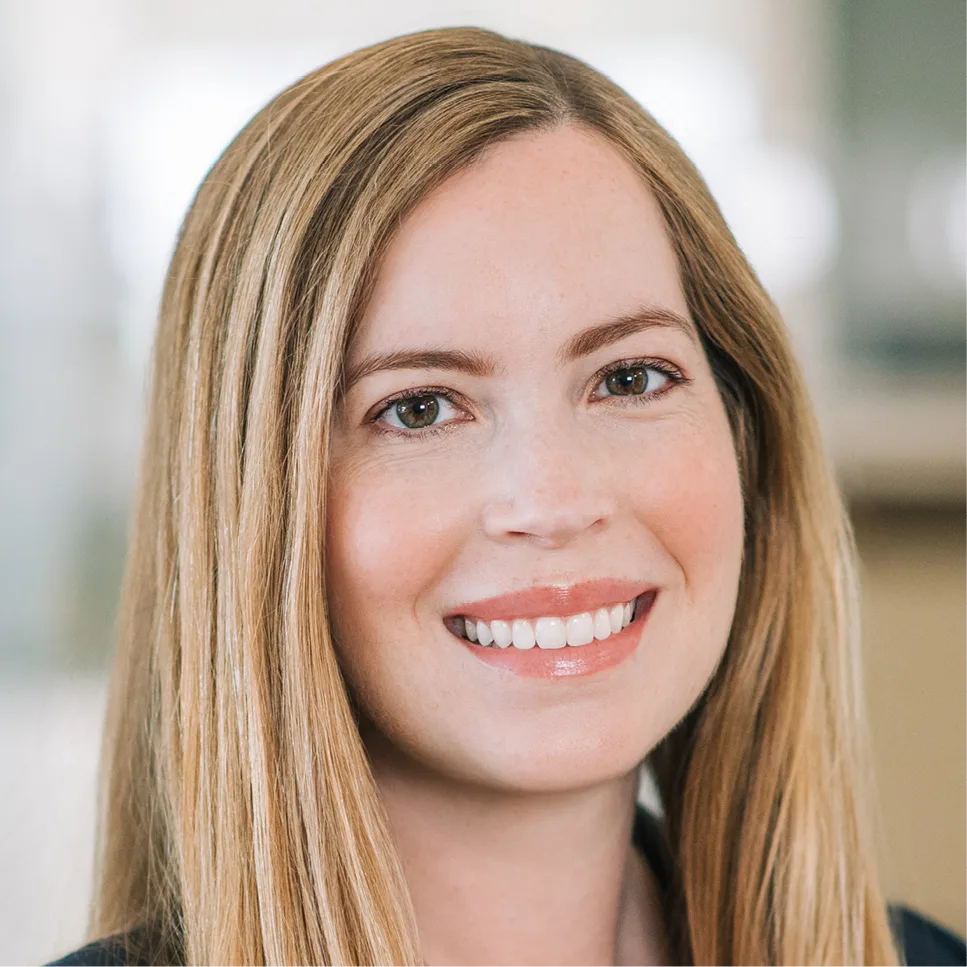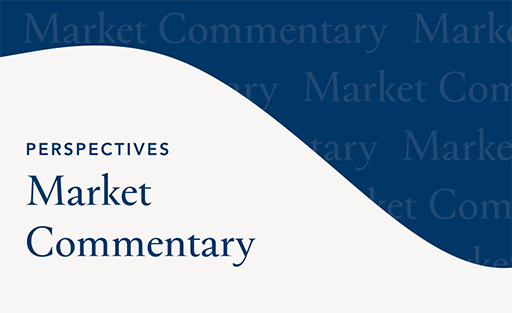Insuring Your Home Against the Unexpected
The devastating Los Angeles wildfires at the start of the year serve as a sobering reminder of the role insurance plays in protecting against major financial loss. Without adequate coverage, you could be forced to draw from savings, retirement funds, or other investments to cover unexpected losses.
At Clifford Swan, while we are not insurance experts, we are well-versed in the fundamentals. This knowledge helps us manage financial risk for our clients. Together, we can think through your insurance needs. With that foundation, we will work with your provider or connect you with an insurance professional to review your policies, assess their alignment with your specific circumstances, and update your coverage if necessary.
What Is Property and Casualty Insurance?
Property and casualty (P&C) insurance policies are often bundled together to provide more comprehensive risk management. Property insurance safeguards against damage or loss caused by disasters, theft, vandalism, or accidents, while casualty insurance covers legal liability for injuries or damage to others.
Many types of insurance fall under the broad category of P&C insurance, including policies for cars, homes, rental properties, businesses, and valuable belongings. This article will focus on homeowners insurance.
What Does Homeowners Insurance Cover?
Homeowners insurance protects your home and its contents—including appliances, furniture, and other personal property—within policy limits. While coverage varies by policy, it usually includes damage from fire, smoke, windstorms, and hail. However, floods and earthquakes are typically excluded, so if you live in a high-risk area consider purchasing separate policies for these risks.
Your policy should ideally cover the full replacement cost of your home. This is the amount needed to rebuild or replace the home without factoring in depreciation. Extended replacement cost would cover pricing surges an area might experience in a disaster situation (guaranteed replacement cost is a similar offering). Some policies also help with temporary housing costs if you are displaced.
If you own a condo or townhouse, condo insurance covers the interior of your unit, while your homeowner association’s policy covers the outside structure. Beyond purchasing adequate condo insurance, also review the association’s coverage and consider additional protection to help fill any gaps.
“With the rising popularity of Accessory Dwelling Units, it’s important to understand when landlord insurance may be necessary.”
With the rising popularity of Accessory Dwelling Units (ADUs), it’s important to understand when landlord insurance may be necessary. Standard homeowners insurance doesn’t cover rental properties, and ADU coverage depends on usage, your insurance provider, and state and local laws.
• If your ADU is used for personal purposes—such as a guesthouse, home office, or housing family members—you may only need to adjust your homeowners policy.
• However, if you rent out a detached ADU long-term, landlord insurance is likely necessary. In addition to covering your property, it includes liability coverage and reimbursement for lost rental income if the unit becomes uninhabitable due to a covered event.
The Role of Umbrella Insurance
If you have significant wealth to protect, umbrella insurance adds an extra layer of financial security beyond your home, auto, or other property insurance policies. It helps safeguard your assets and future earnings in case you’re found at fault in a lawsuit or claim.
Umbrella insurance acts as a secondary policy, stepping in once the limits of your primary policies are exhausted. It’s designed for extreme situations where standard coverage falls short. For example, if a guest in your home suffers a serious injury from a fall down the stairs, your homeowners policy may not fully cover his or her medical expenses. An umbrella policy picks up where your homeowners policy left off, helping cover the remaining costs.
While not everyone needs umbrella insurance, it can offer valuable financial protection and peace of mind for those with significant assets or with a higher risk of liability. Homeowners in expensive zip codes should strongly consider it. Additionally, umbrella policies cover unexpected risks like claims of slander or libel stemming from social media activity.
Other factors that increase your liability risk include:
• Owning rental property
• Serving on a nonprofit board
• Hiring workers who are not licensed, bonded, and insured
• Frequently hosting gatherings at your home
• Participating in sports like boating, hunting or skiing where you could injure others
• Owning liability-prone property, such as pools, trampolines, ATVs, or motorcycles
Although the cost of umbrella insurance has risen in recent years due to increasing medical expenses, repair costs, and legal settlements exhausting primary policies, it remains a more cost-effective option than raising liability limits on individual policies. If an umbrella policy makes sense for you, aim to cover your net worth; there’s no need to protect more than you own. An experienced insurance broker can help optimize your policies for efficient protection.
“Regularly reviewing your homeowners policy is essential, especially during life transitions…”
Evaluating Your Homeowners Policy
Regularly reviewing your homeowners policy is essential, especially during life transitions such as marriage, a new baby, inheritance, or the loss of a loved one. As your home’s value increases—whether due to price appreciation or improvements—it’s important to ensure your coverage keeps pace. Additionally, consider how changes in risks, like increased wildfire or flood threats, may alter your coverage needs.
When shopping for insurance, don’t focus solely on cost. Pay close attention to policy exclusions and limits and understand how the policy will be implemented. Ensure the policy provides adequate coverage and adjust it as needed. Also, consider the financial strength, reputation, and customer service of the insurer, and obtain quotes from multiple companies for comparison.
Determining the Right Coverage
When determining how much coverage is needed, consider your own ability and willingness to self-fund certain expenses, and weigh the trade-off between premiums and deductibles.
To calculate the replacement cost of your home, start by considering the average cost per square foot to build in your area, factoring in material and construction quality, as well as unique features like a high-end kitchen. If specialized services, such as architects or interior designers, would be needed for repairs or rebuilding, verify if and how your policy covers these costs. Eligibility for coverage may depend on whether these services were originally used for the property.
If inflation or natural disasters have driven up building costs, your existing coverage may be insufficient. Instead of making periodic adjustments, you could inquire about adding an inflation guard to your policy, which automatically increases your coverage to keep up with rising costs.
If you own an older home, consider asking your insurer about ordinance or law coverage. This add-on helps pay to bring your damaged or destroyed home up to current codes, which could be costly without this protection.
“We recommend itemizing your possessions based on their replacement cost, as the price of repurchasing items tends to increase over time.”
Beyond your home’s structure, account for the value of your personal property by taking a home inventory. This detailed survey of all your belongings helps determine the appropriate coverage and make the claims process smoother. We recommend itemizing your possessions based on their replacement cost, as the price of repurchasing items tends to increase over time. Homeowners policies typically set personal property limits as a percentage of dwelling coverage, but these limits can be adjusted. Keep in mind that policies normally provide limited coverage for high-value items like jewelry or electronics, so discuss additional coverage options with your insurer.
Special Considerations for Californians
Like other parts of the country affected by rising natural disasters, Californians are finding it increasingly difficult to obtain adequate insurance due to the growing frequency and severity of wildfires. As insurers withdraw from high-risk areas, homeowners are forced to explore alternative options.
Over the past decade, many Californians with high-risk properties and lacking other options have been forced to turn to the FAIR Plan. Established in 1968, the California FAIR Plan Association provides basic fire insurance when private coverage is unavailable. Designed as a temporary safety net, it receives no public funding; instead, all property and casualty insurers in the state participate in this syndicated fire insurance pool.
Before the Eaton and Palisades Fires in January 2025, many traditional insurers had already canceled policies to limit risk. Additionally, at the end of 2024, insurers successfully lobbied California’s insurance commissioner to allow increased reinsurance costs (insurance for insurance companies) to be passed on to policyholders and to use fire catastrophe models to set premiums—paving the way for substantial rate hikes.
January’s wildfire destruction further worsened the insurance crisis. In February, the FAIR Plan announced a $1 billion assessment on insurers, half of which may be passed to policyholders, compounding the billion-dollar losses already faced by major insurers. While the full impact on individual policies remains uncertain, home insurance costs are expected to rise significantly.
We’re Here to Help
Protecting your assets is a key part of financial security. Beyond your investments, having the right risk protection in place for your home is essential. We encourage you to review your property and casualty insurance regularly and prepare for rising costs using Clifford Swan as a resource.
The above information is for educational purposes and should not be considered a recommendation or investment advice. Investing in securities can result in loss of capital. Past performance is no guarantee of future performance.






